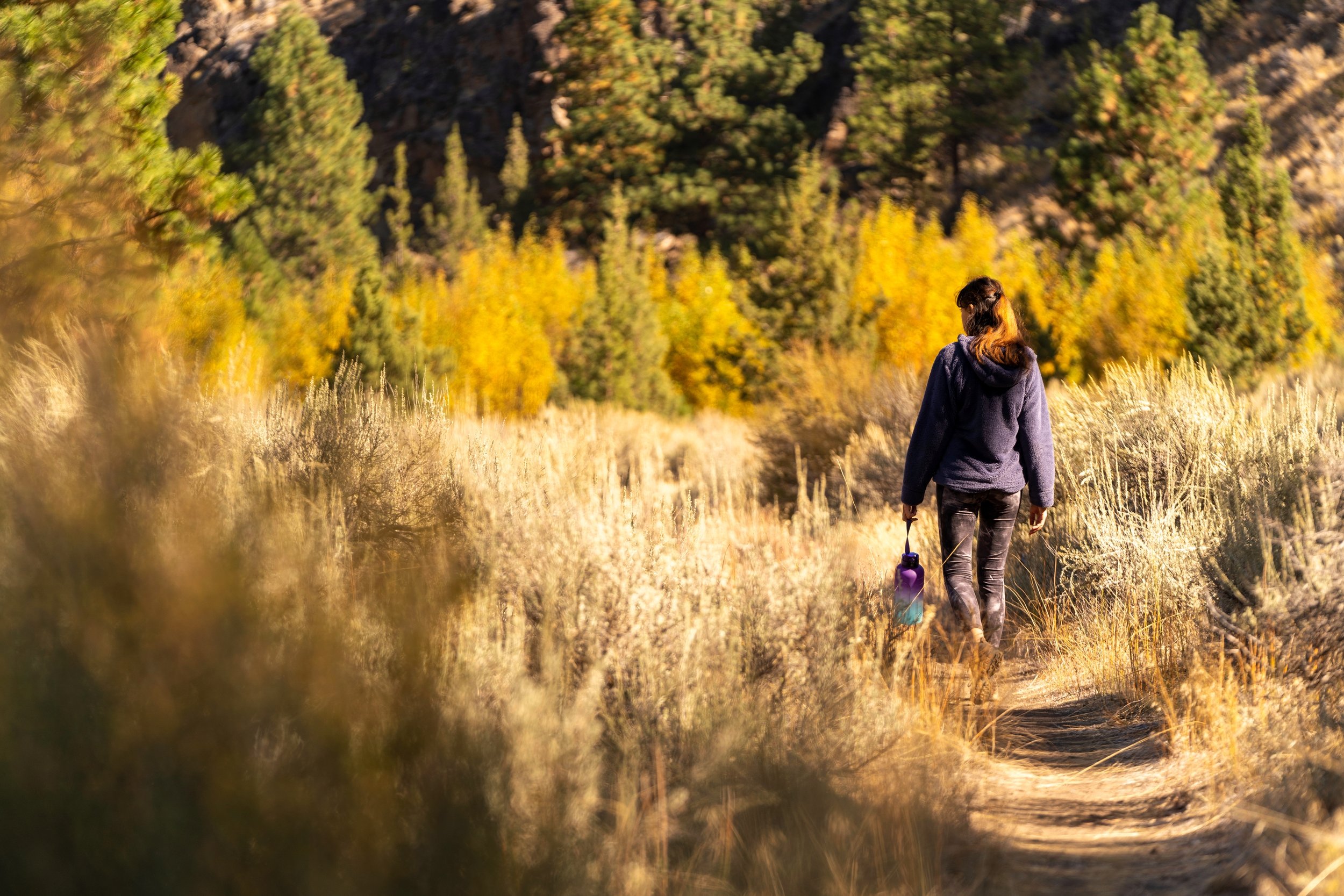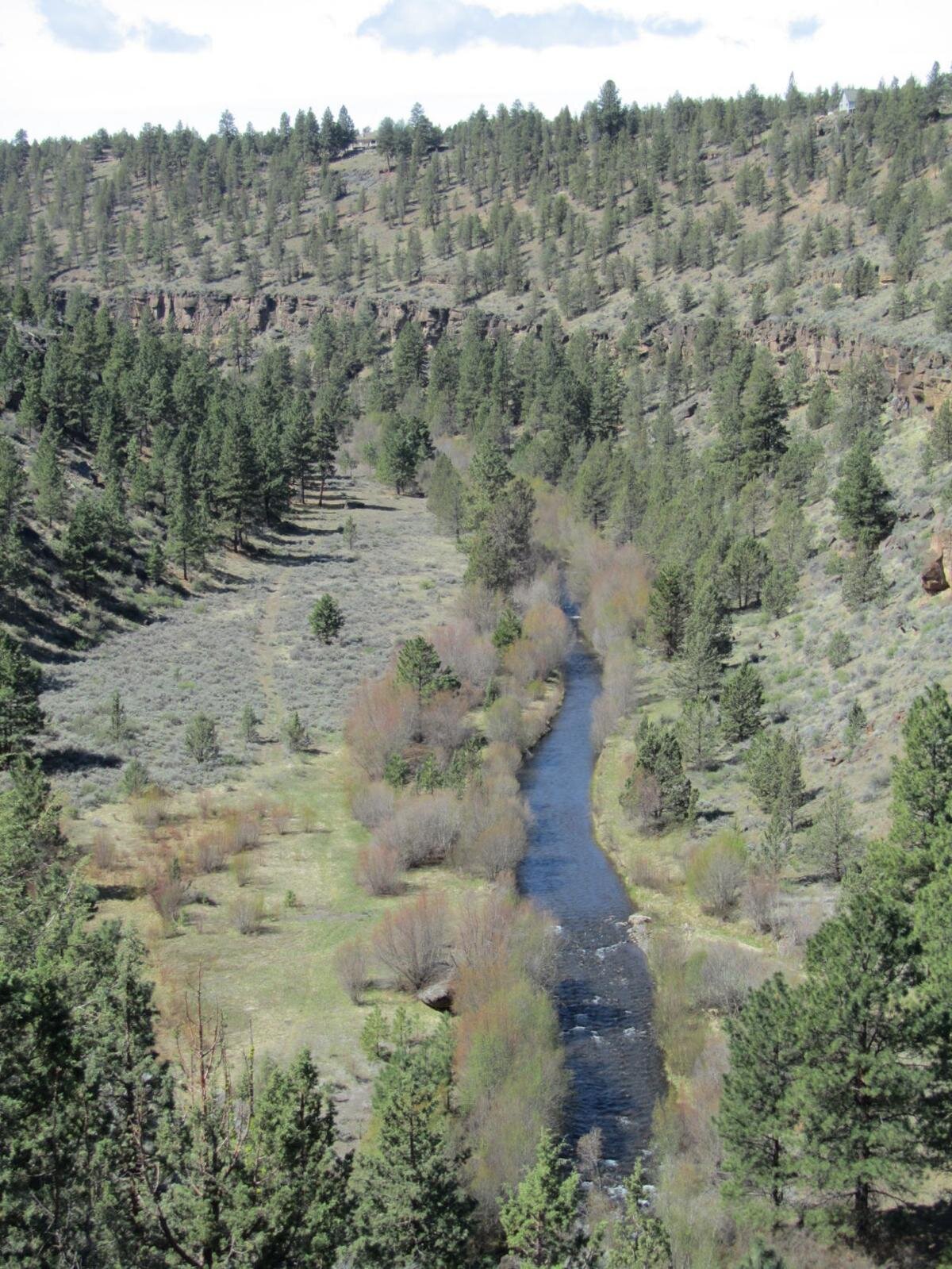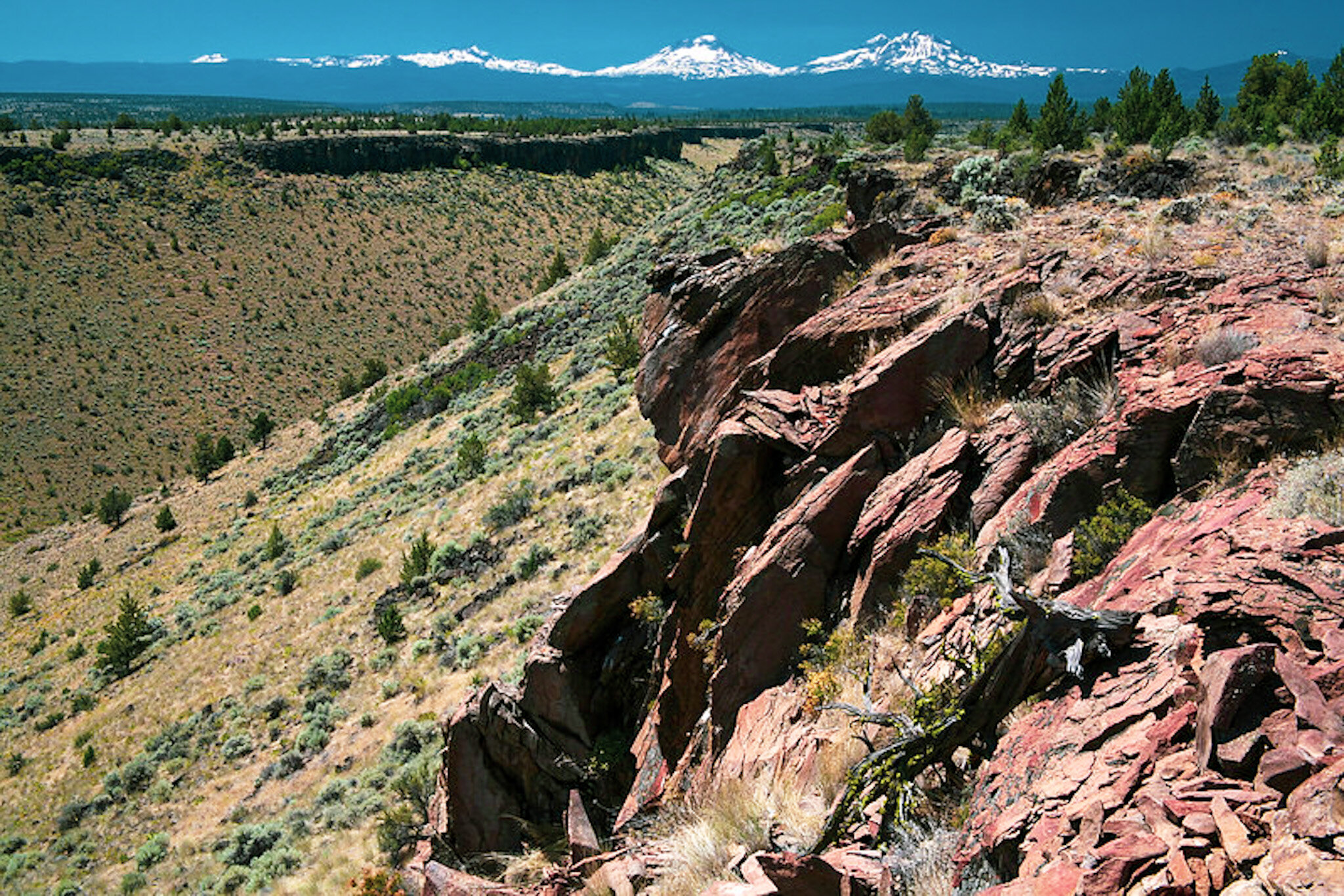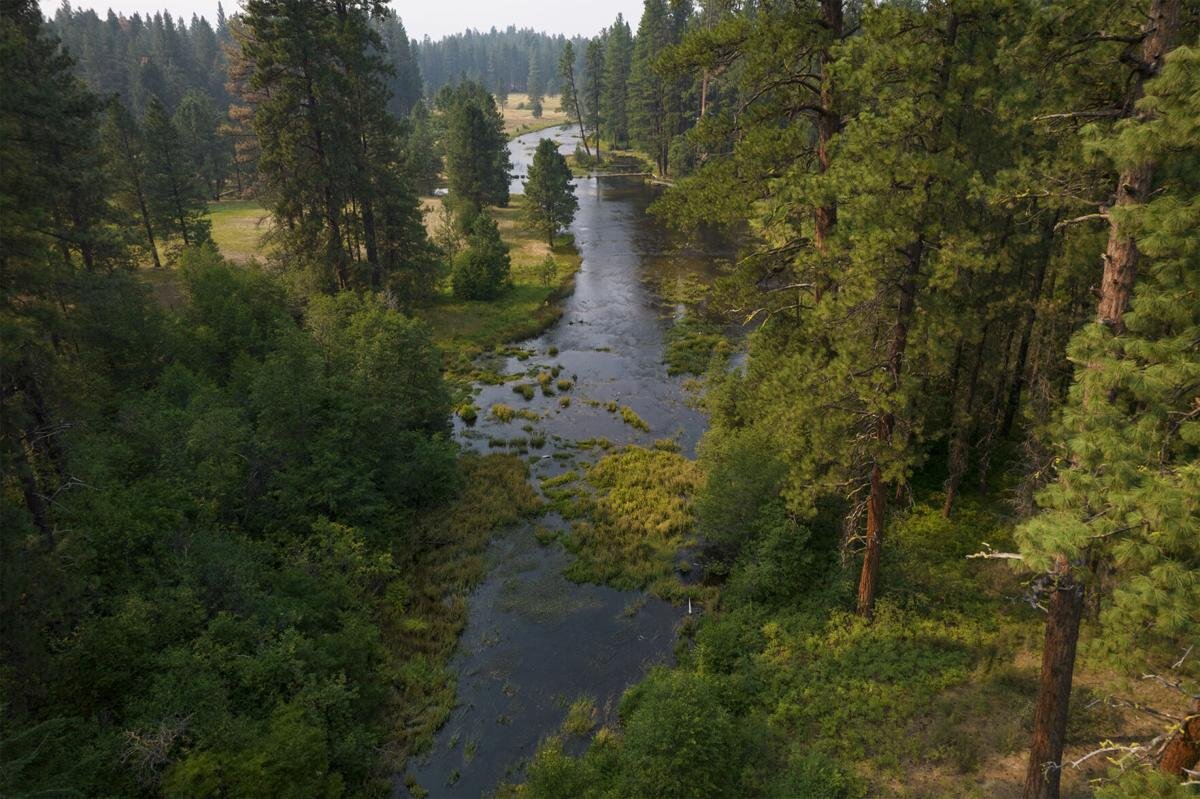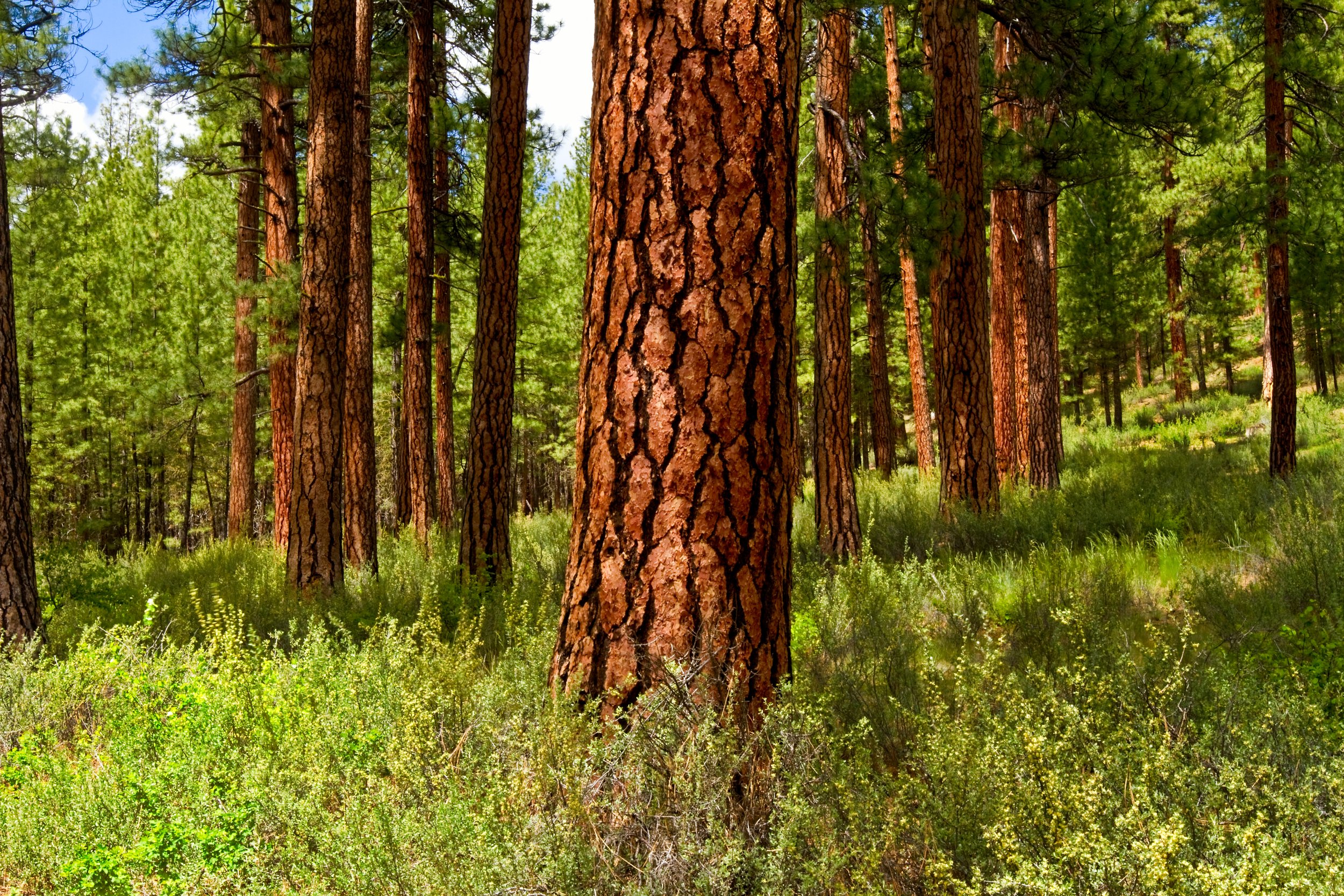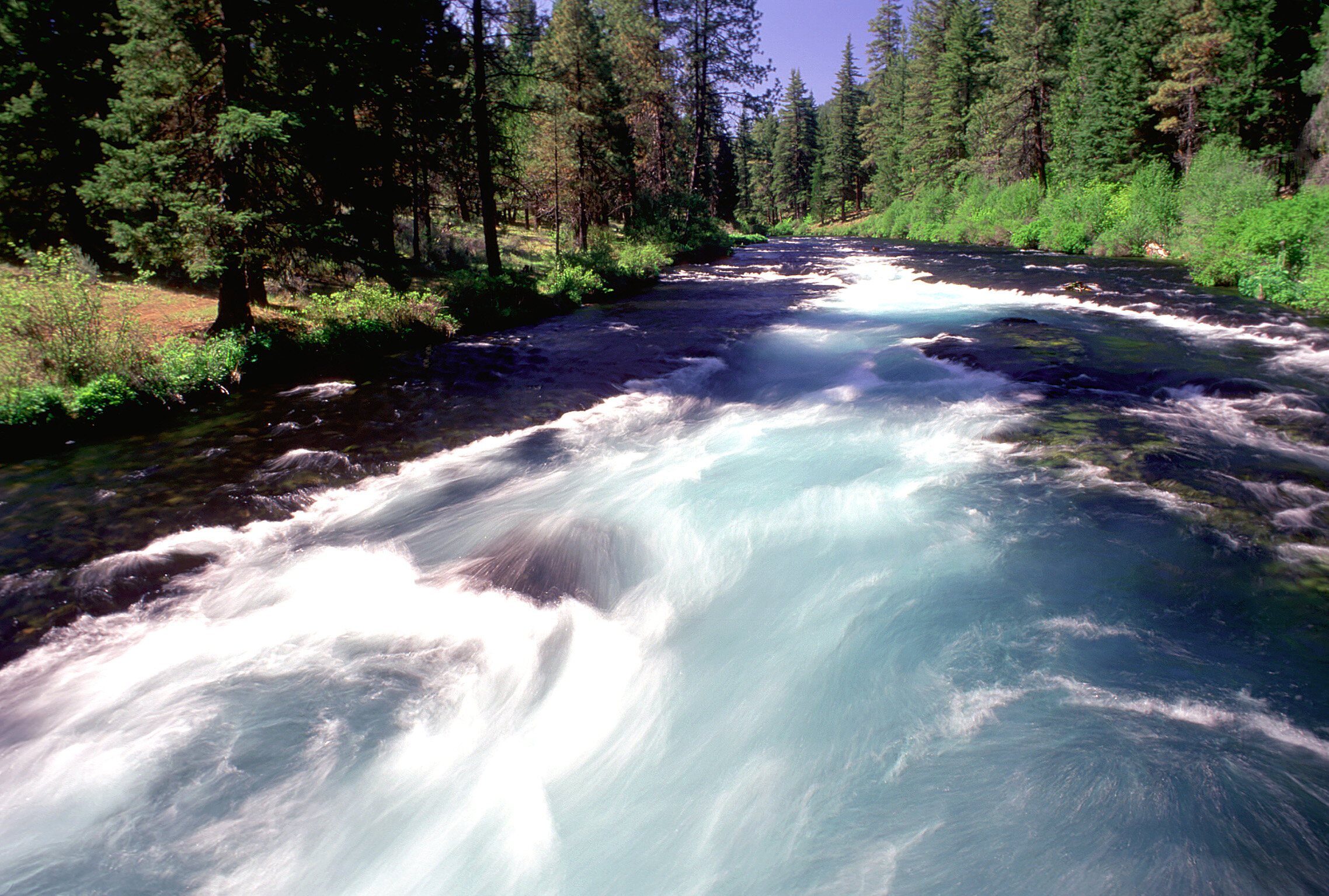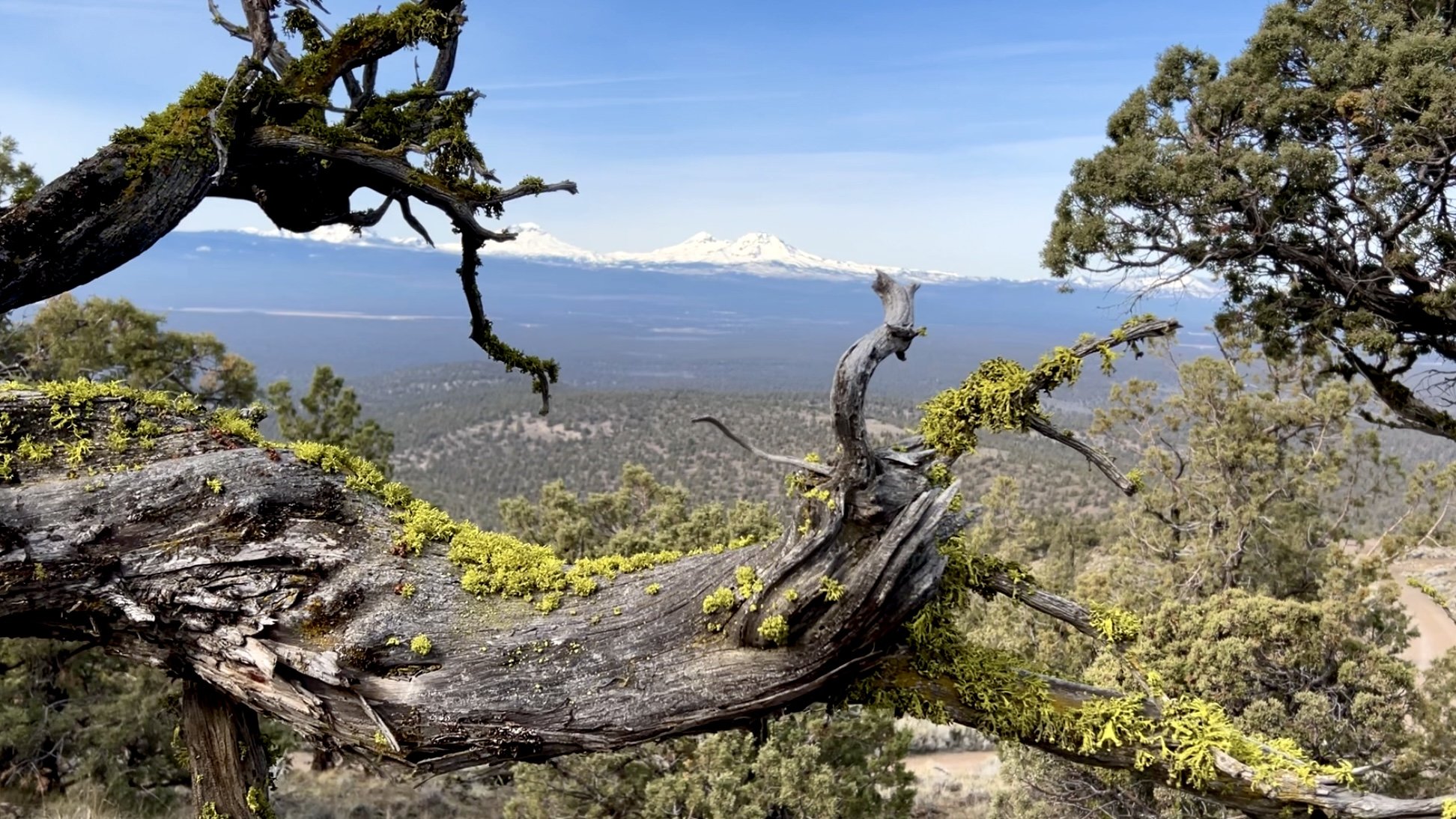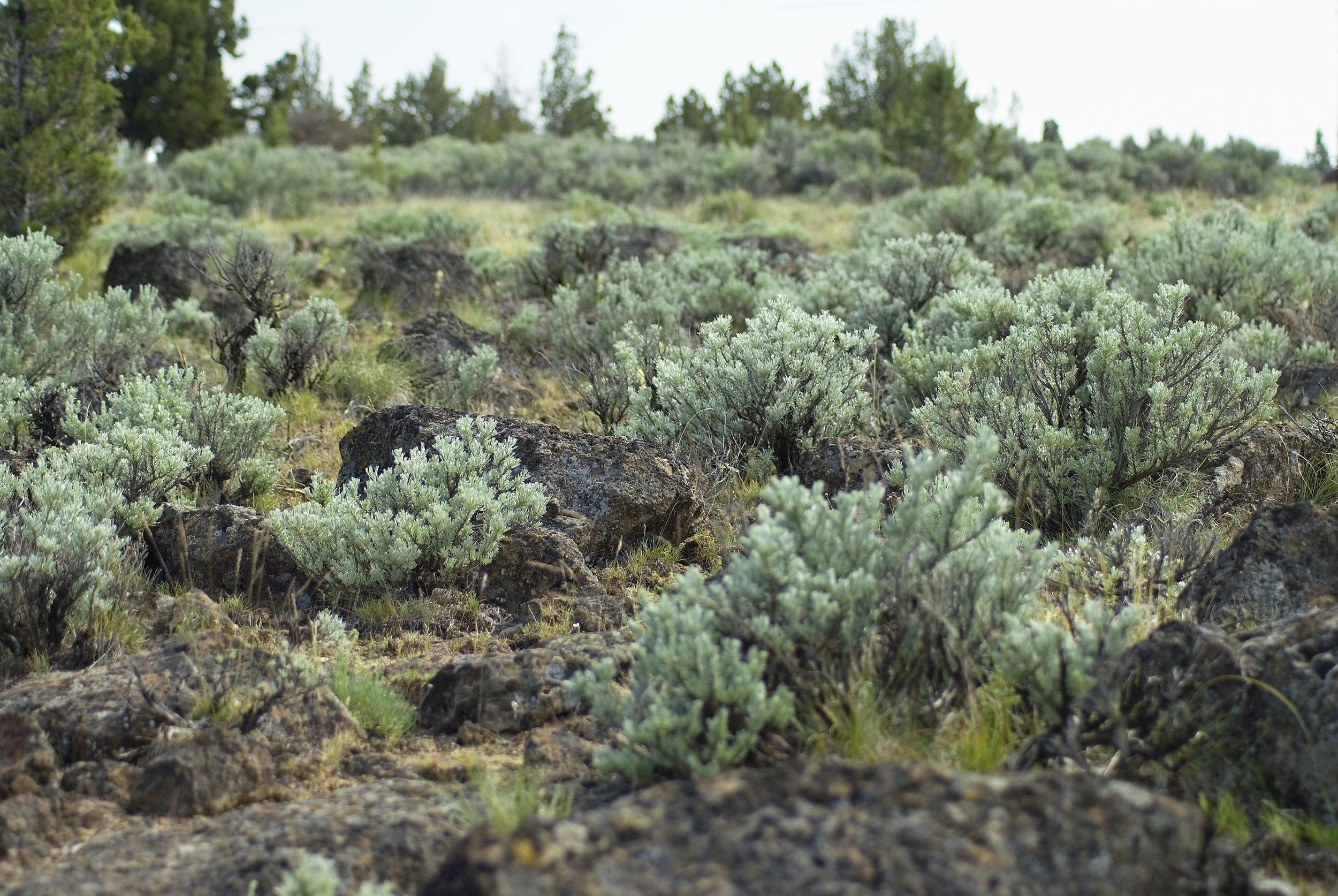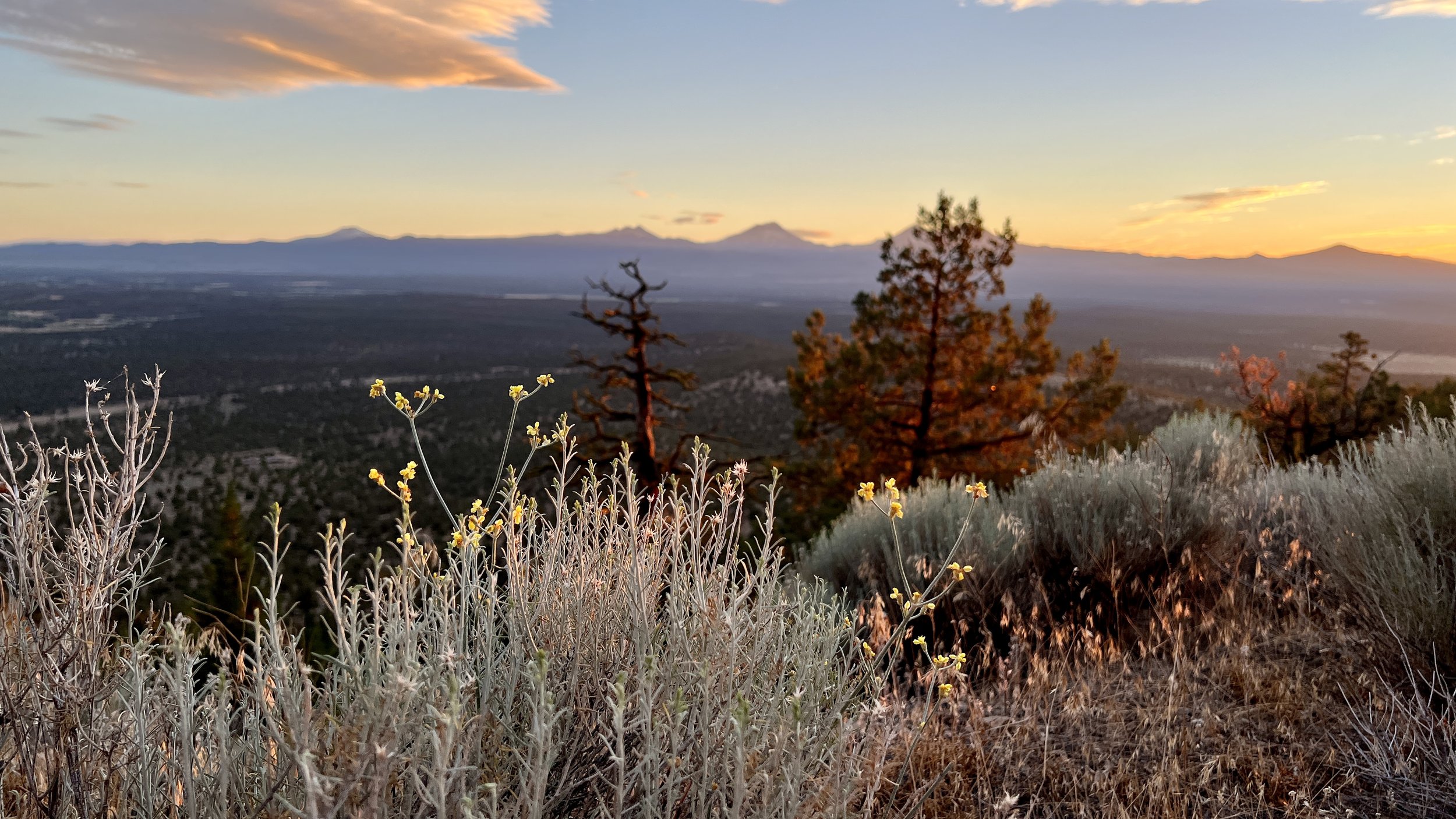3 places in Central Oregon to practice gratitude
Mckayla Crump
From Cascade peaks to high desert horizons, there’s a lot to be grateful for!
Central Oregon is more than just a remarkable place to call home; its unique spirit captivates the hearts and minds of those who know it well. Late November is a wonderful time of year to get outside and experience the bounty of the region in a quieter, slower and more reflective way.
Here are three places in Central Oregon that have remained natural, abundant, and publicly accessible due to the efforts of local environmental advocacy groups, the Confederated Tribes of Warm Springs, and Central Oregonians like you.
Whychus Creek
LandWatch’s origins lie along the bank of Whychus Creek.
Whychus means “place we cross the water” in Sahaptin.
In the early 1980s, LandWatch’s founder, Paul Dewey, was living on a ranch in Sisters when he heard about a proposal to clear-cut the old-growth trees growing along the bank of Whychus Creek. This didn’t sit well with Dewey — and as a former lawyer, he had the skills to fight the proposal. He dug his suit and tie out of storage, filed an appeal of the timber sale, and won. From this initial activism, the Sisters Forest Planning Commission came was born. That organization evolved into what is known today as Central Oregon LandWatch.
Today, you can visit these trees that were saved by the very first LandWatch victory along this gorgeous canyon creek. It’s a spot we revisit often to reflect on our roots and our commitment to defending thriving public lands.
“The whole idea of public lands is not just that the current public gets to use and enjoy it. It’s our obligation to hold it in trust for future generations.”
Exploring Whychus Creek:
On the Whychus Rim and Creek Loop (4.7 miles), you can enjoy the basalt rimrock and mountain views that are so quintessential to the region. Deschutes Land Trust’s Whychus Canyon Preserve is another great option, with 7+ miles of trails and plenty of scenic overlooks.
The Metolius
One of Oregon’s most pristine ecosystems.
The “Battle of the Metolius” may sound like an imagined clash out of Middle-earth. But the name is befitting of the saga that played out over decades and culminated with the preservation of one a true Pacific Northwest gem.
The stunning headwaters of the aqua blue Metolius River and its vast, ancient forests are truly extraordinary – but the entire Metolius Basin was once threatened by clearcuts and destination resorts. Thanks in large part to LandWatch’s unwavering defense of the area, it was protected as Oregon’s only Area of Critical State Concern (ACSC) in 2009.
The river is a sacred place for the Wasco, Warm Springs, and Northern Paiute people who have fished this river and hunted and gathered along it for thousands of years. The name Metolius originates from the Sahaptin word, Met-toe-las, which means “white fish” and refers to a light-colored Chinook salmon.
The next time you visit the Metolius, let its sparkling beauty nourish your soul – and consider the ongoing battles and need to protect what makes our part of the world special.
“The Metolius Area of Critical State Concern will be remembered as one of those instances when a broad array of people from all walks of life came together to ask their legislators to make a tough decision, and the legislature responded. As a result of this bill, the people of Oregon and their children will always be able to visit this beautiful place and see the remarkable wonders that renew the spirit of us all.”
Exploring the Metolius:
The headwater of the Metolius River are accessible via a paved, wheelchair-friendly path and the river is easily enjoyed from the small hamlet of Camp Sherman as well. From the Lower Bridge Trailhead, you can complete the Wizard Falls Loop (6.2 miles) or embark on a longer out-and-back hike on the Middle Metolius Trail (up to 22 miles).
Cline Buttes
There may be no better place for breathtaking, panoramic views of Central Oregon than the top of Cline Buttes.
This trio of prominent rounded peaks just west of the Middle Deschutes near Redmond are volcanic in origin and represent one of the easternmost extents of the Cascade range.
Community letter of opposition to the sale of 400 acres of land at Cline Buttes; signed by nearly 5,000 Central Oregonians.
But just last year, 400 acres of public land at Cline Buttes were nearly lost to the proposed Thornburgh Resort. The developer applied to purchase the land from the state and assimilate it into their unrealized vision of a private destination resort.
LandWatch led a fast and furious grassroots campaign to save this area, galvanizing nearly 5,000 Central Oregonians who passionately opposed the loss of beloved public land to this private development interest. After months of widespread opposition to the proposed sale, the developer withdrew their application to purchase these 400 acres.
Now, when we stand atop the Buttes and revel in the vast grandeur of Central Oregon on display, we think of everyone who answered the call to take action and help preserve this special place. We couldn’t have done it without you.
“When we heard about this application to convert land from the public trust to private development interests, we knew the community would want a say in the process. The court of public opinion has weighed in on this one. Central Oregonians came together in unequivocal agreement that this proposed land sale was not in line with public interests.”
Exploring Cline Buttes:
The Cline Buttes Recreation Area is a popular location for hikers, equestrians, mountain bikers, bird watchers, and those who just want a breath of fresh air and a lovely place to walk.
EB Adventure Photography
Now, get out there and explore!
Cline Buttes, the Metolius River Basin and Whychus Creek are just three of many places in Central Oregon that have been saved from private development and protected for the lasting benefit of all. As you explore this region and dig deeper into the histories behind our natural areas, you’ll discover a commitment to preservation that makes Central Oregon a special place to call home.
We hope you find time this season to explore these remarkable places with family, friends, or just on your own!



